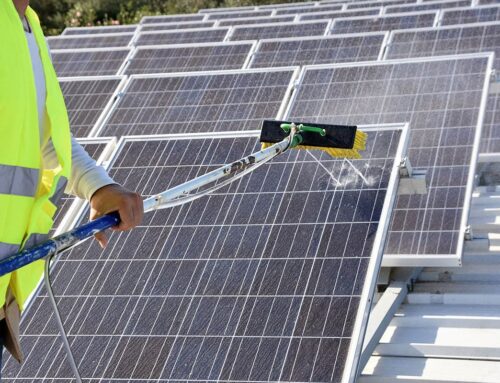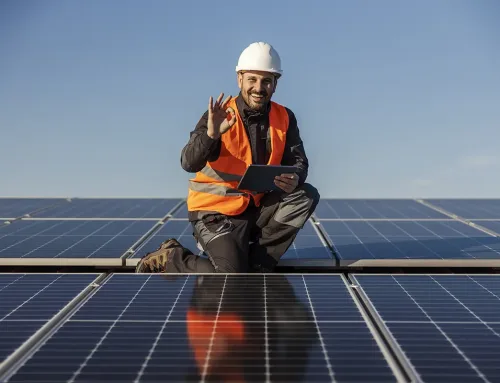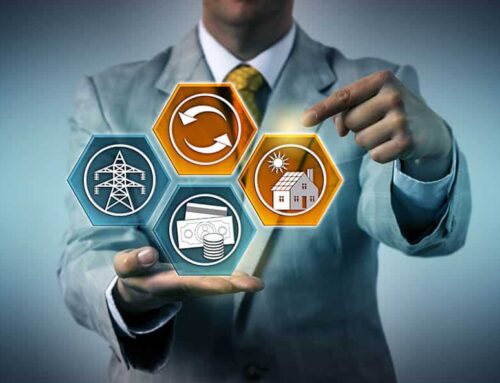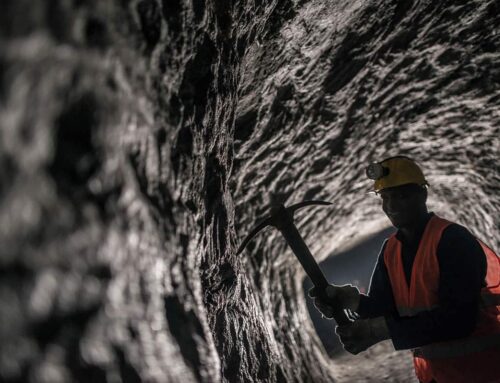Balcony power stations: cut your electricity bill now!
As the name suggests, a balcony power station fits onto the balcony railing, house wall, patio or canopy. And although such an investment is primarily made out of a sense of responsibility towards the environment and to protect resources, today we want to shed some light on how much money it can save.
Costs and yield – calculated: Balcony power station
We have already explained how a balcony power station works in our online shop. But what factors need to be taken into account when calculating the financial benefits? Firstly, there is the maximum size up to which a balcony power station is considered as such: While the EU classifies all energy generators below 800 watts as “not significant”, Germany takes a different view: For safety reasons, balcony power stations are only allowed to generate a maximum of 600 watts – so the potential for saving electricity is already limited in this country.
In addition, you should ideally consume all the electricity generated by your small power station yourself, as everything else flows into the public grid, where you don’t get much out of it. In plain language: When the sun shines on your panels, there should be enough continuous consumers such as fridges and freezers, internet routers and the like, as well as standby consumers that run on “your” electricity.
This is how much you can save
A balcony power station with a connected load of 600 W usually consists of two modules with a rated output of 350 W each. If the balcony is sufficiently south-facing, you can generate around 500 kWh of electricity. Depending on the price your public electricity provider charges for a kilowatt hour, you will save between 200 and 300 euros every year. Of course, you can only speak of an actual profit once the initial outlay has been amortised. Depending on the quality and equipment, the purchase of all accessories can cost between 500 and 1,200 euros, given the current high demand. Models with particularly thin and lightweight PV modules, for example, which can also be installed on less load-bearing surfaces such as the roofs of garden sheds, etc., are more expensive.
Why it doesn’t really matter
One thing is certain: with the current energy generation from fossil fuels, we cannot achieve climate targets and maintain our current, comfortable standard of living. Those who generate at least some of their own electricity from sunlight are making an important contribution to sustainability and environmental protection. So you shouldn’t use a sharp pencil to calculate whether a balcony power plant will have paid for itself after three, five or eight years, but rather be proud of your own commitment.
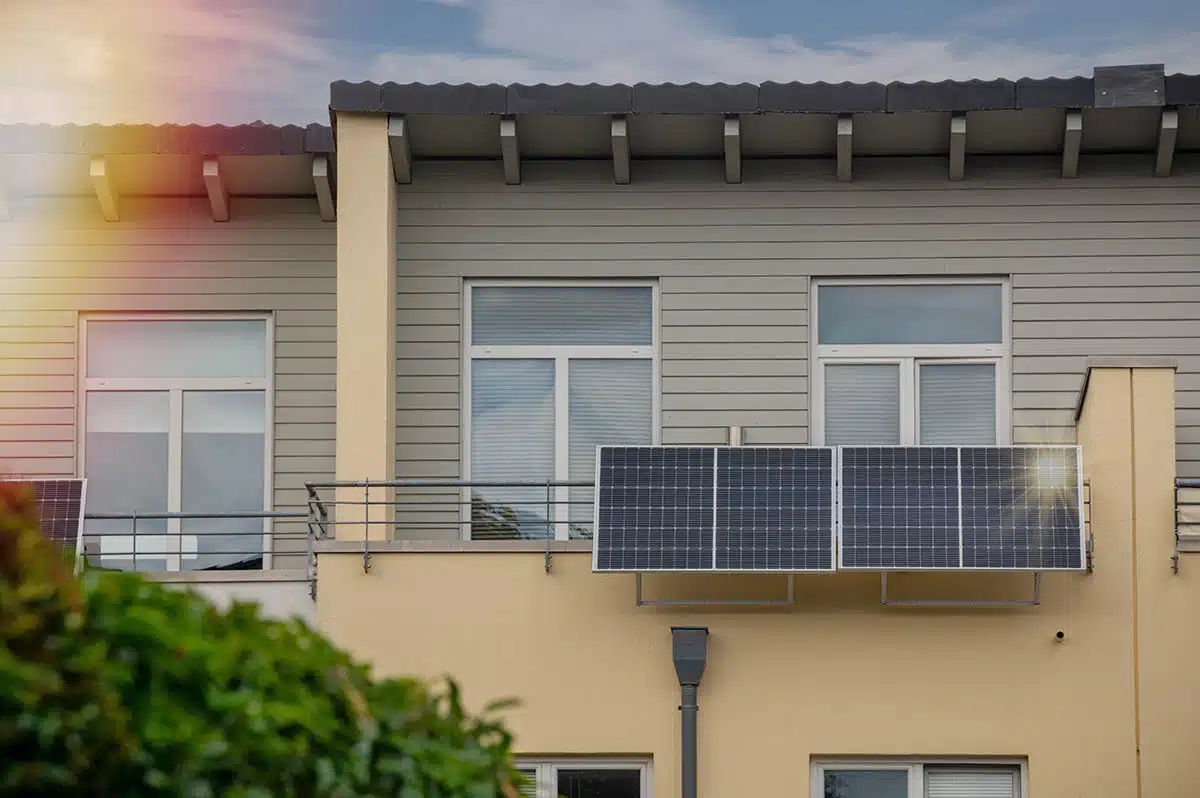
Can I also do something wrong?
In short: Yes. For example, we recommend looking very closely at bargain offers. Ebay, Otto, Amazon and Kaufland, and currently even discounters are over- or undercutting each other with special offers, cheap balcony power stations and other "solutions". Unfortunately, they often lack data sheets, certificates and assembly instructions, and sometimes even the necessary licences for legally compliant and safe use in Germany.
Very often, the yield calculations do not live up to the promises made by the suppliers. Take the LIDL Parkside Set, for example, consisting of a solar panel with an output of 150 watts peak (Wp) and an inverter with an output of 300 watts. 195 kilowatt hours (kWh) of electricity, as promised by LIDL when the product was launched in 2023, cannot be achieved per year with such a low solar panel output, and the electricity price of 48 cents per kWh on which the Lidl brochure was based did not correspond to average electricity prices even then.
But things can also go wrong technically if you do it yourself. For example, standard modules for the roof, so-called glass modules, may not be installed "overhead" without further ado - i.e. instead of or as a roof, e.g. on a carport. This requires special certifications, which hardly any supplier fulfils. And if something happens, the customer is liable.
As you can see: It's always worth asking real professionals like the BAETZ Energy team first. We look forward to hearing from you.


